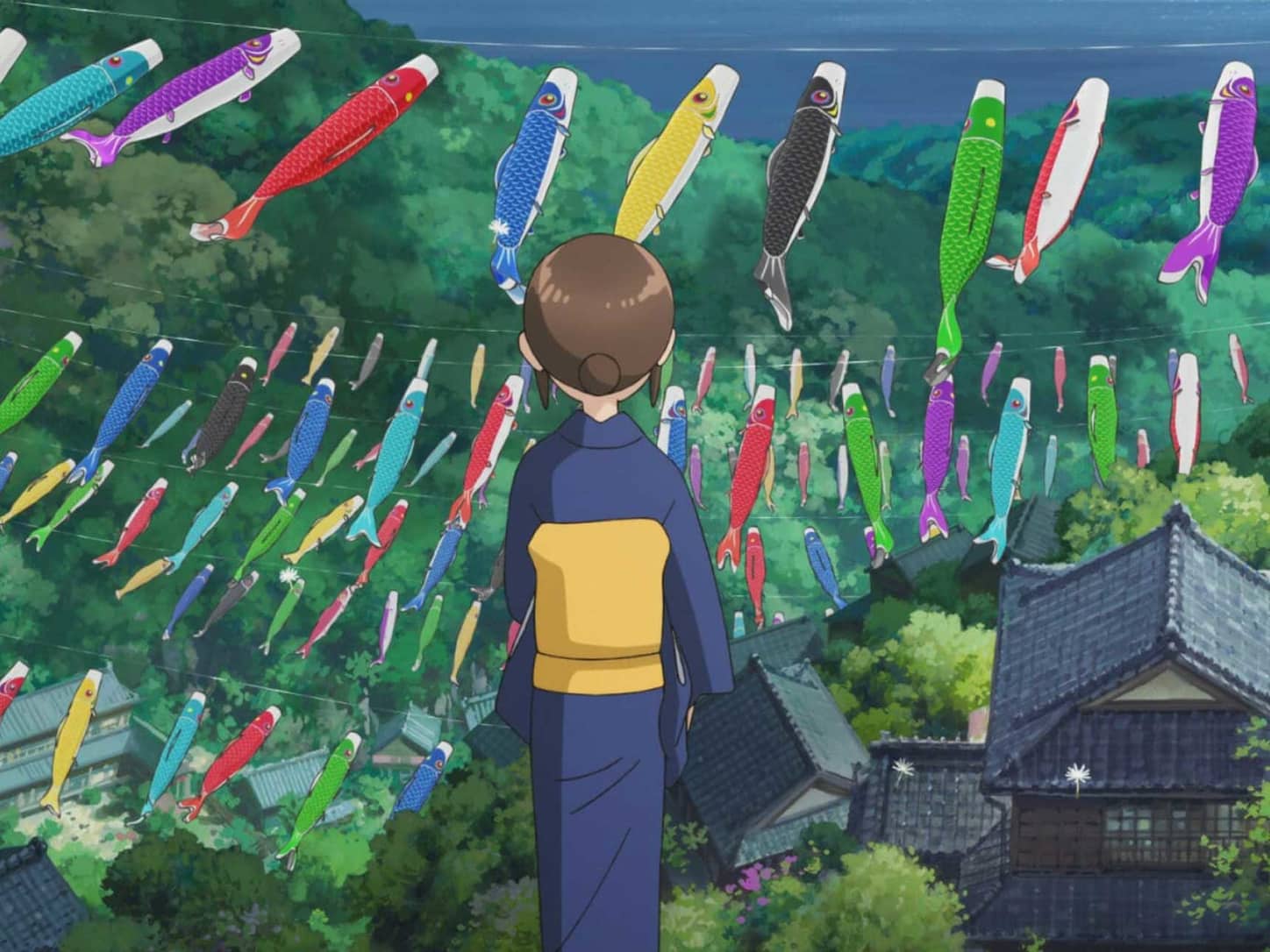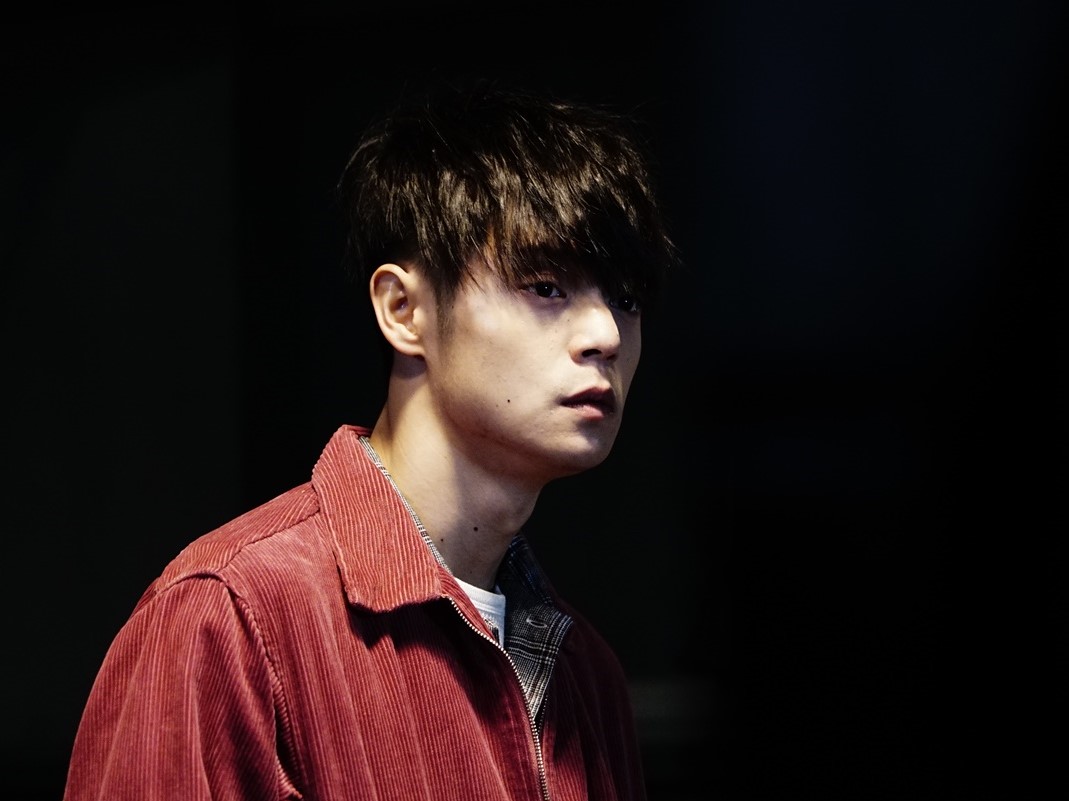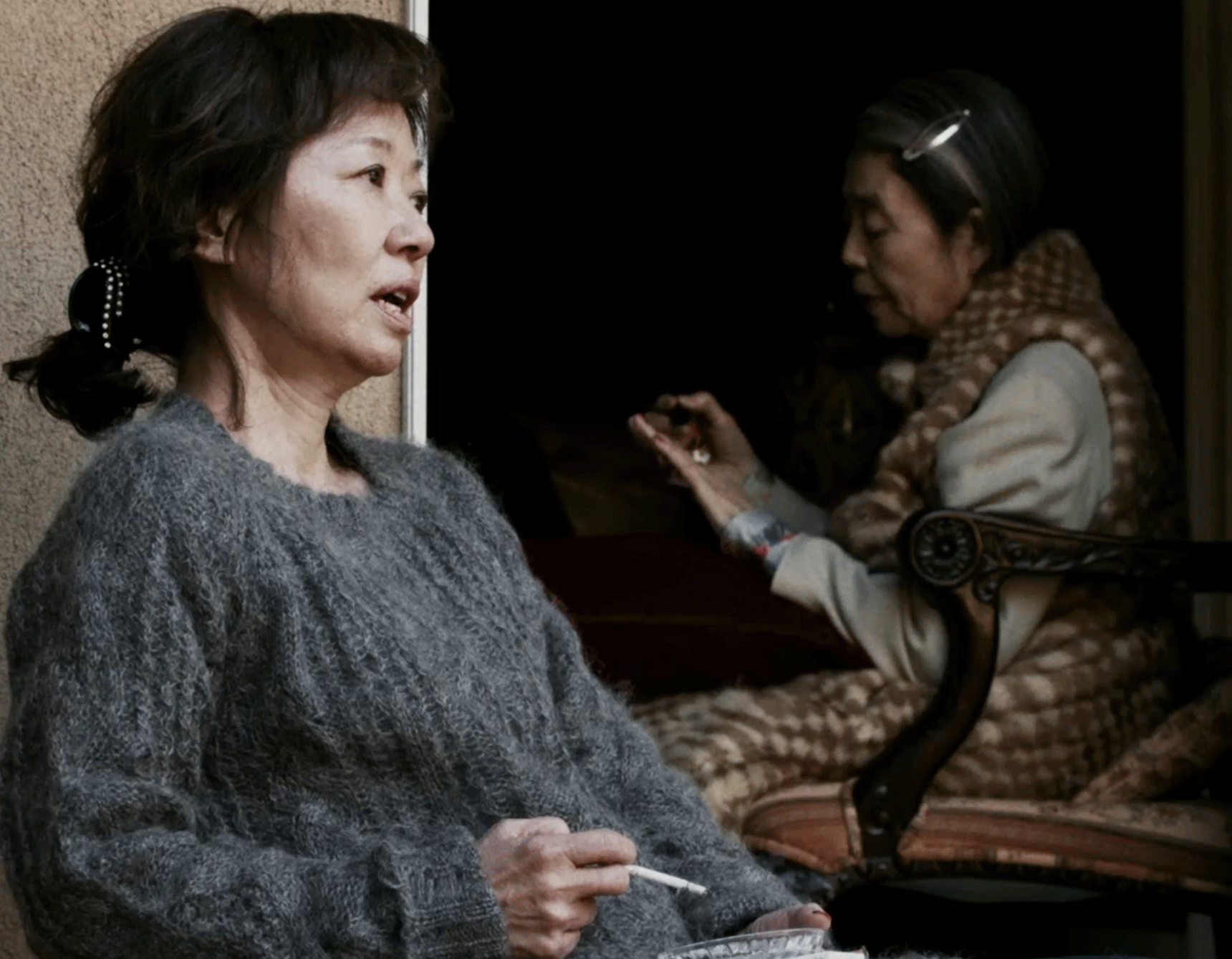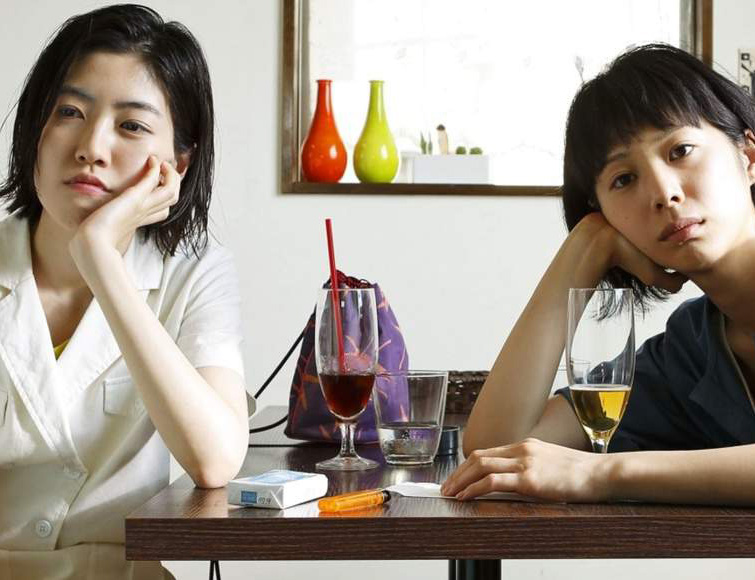
It’s difficult to understand just how big and prolific the Japanese movie industry is until you actually start keeping track of recent releases. With such a saturated market, we can’t expect every animation, drama or comedy to be translated for an English-speaking audience, but those that do are sure to be significant contributors to the cinematic landscape.
The Boston Museum of Fine Arts has created a special festival to share the best of Japanese films released abroad, and for the past two years the event was received with a warm and enthusiastic success. We’re talking films that have been released in the last year, not the classics we know and love. We’ve already shared the most impactful films from the past decade, but if you want something a little more contemporary and fresh, keep reading.

Okko’s Inn : Courtesy of GKIDS
Okko’s Inn
After losing her parents to a car accident, Okko moves in with her grandmother and learns the ropes of managing a traditional Japanese inn. While dealing with grief, the protagonist starts interacting with ghosts whose goal is to help Okko take care of herself.
This film has a similar approach to the sensitive topic that you would find in Ghibli films, which isn’t a surprise considering Okko’s Inn was produced with the help of a former animator of the popular studio. This makes for fantastical visuals and complex storytelling that can be enjoyed by spectators of all ages. While some critics have said that the film doesn’t dive deep enough in its themes, I like to believe that this isn’t such a downside. Sometimes we need a story that is relatable without making us shed every tear in our bodies.

First Love: Courtesy of Well Go USA Entertainment
First Love
With Takashi Miike behind the camera, you never quite know what genre of film you’re going to get. Tasha Robinson reviews this film’s true themes disguised under the love story: “It’s more about corruption, betrayal, and clashing agendas between amoral characters who are all doggedly chasing the same payout.”
First Love takes us into an unfortunate turn of event where a young boxer and a prostitute are being chased by two different blood-thirsty gangs. This film will keep you on the edge of your seat with its unexpected developments and while it might not bring anything new to the table, anybody can appreciate this suspenseful and excessive thriller.

Erica 38: Courtesy of Freestone Films, Inc.
Erica 38
Surely you’ve all heard of Bong Joo-ho’s Parasite by now but I’m here to present to you another film about a con artist: Erica 38. This captivating story about Satoko Watanabe and how she came to grow into a concerningly successful con artist at the age of 60 is mesmerizing, to say the least. Based on a true tale, Miyoko Asada and Kirin Kiki bring to life the disturbing plots of two women with an endless appetite for money and not an ounce of sympathy.
The film was praised to be not only a great product of cinema but for having a story with a relatability that transcends borders, something rarely found in Japanese cinema, which tends to have too many clin d’oeils do Japanese culture and lifestyle.

Blue Hour: Courtesy of Bitters End, Inc.
Blue Hour
Thirty-year-old Sunada seems to have it all, fruitful career and happy marriage. Behind closed doors, however, she’s having an affair and is concerned about her professional growth as the years go by and the available executive positions for women are limited. When she goes back to her hometown in Ibaraki Prefecture to meet with her friend Kiyoura, Sunada falls into equally frustrating and complicated family relationships. This debut film by Yuko Hakota exposes the contemporary concerns within Japanese society in the form of a female character that is well-rounded, full of ambitions, emotions and complexities.
Killing
The samurai movies have been done time and time again. Some stood the test of time, standing out not only by the stories they tell but their execution, like the ones on which Akira Kurosawa built his unparalleled career. Instead of attempting to reach the bar set by the classic director, Shinya Tsukamoto uses Killing‘s samurai setting as a medium of exploration, questioning the thirst for violence left from the era.
In his review for The Japan Times, Mark Schilling warns: “Fans of the genre, eager to see slicing and dicing, may become impatient with Mokunoshin’s quest for an answer, but the action, when it comes, is all the more impactful for the hero’s struggles with his conscience and courage.”

Island of Cats: Courtesy of Kadokawa Pictures, Inc.
The Island of Cats
Inspired by the manga series of the same name, the story follows a 70-year-old widowed man named Daikichi who lives alone with his cat. Any pet lover can relate to this story of adaptation and nostalgia, in the face of a world changing a little too quickly.
Or, as I like to call it, an elegant take on one of Japan’s cutest and fluffiest perks. Cats have for a long time been the inspiration for some of Japanese culture’s interesting characters. We saw this in Nyanko-sensei, for example. The Island of Cats doesn’t offer a complicated story but something just good enough to warm the heart and soothe any stress the spectator might have.
Mr. Jimmy
This documentary follows the life of Jimmy Paige “inhabiter” Akio Sakurai. Sakurai lived and breathed Led Zeppelin, so much that he would build a small audience in Tokyo that would follow him to whatever club he played that night, ready to hear a note-to-note replay of a Zepplin concert. He became not only a reference for Japanese rock n’ roll fans but a living embodiment of the spirit of the ’70s band for its global audience.









